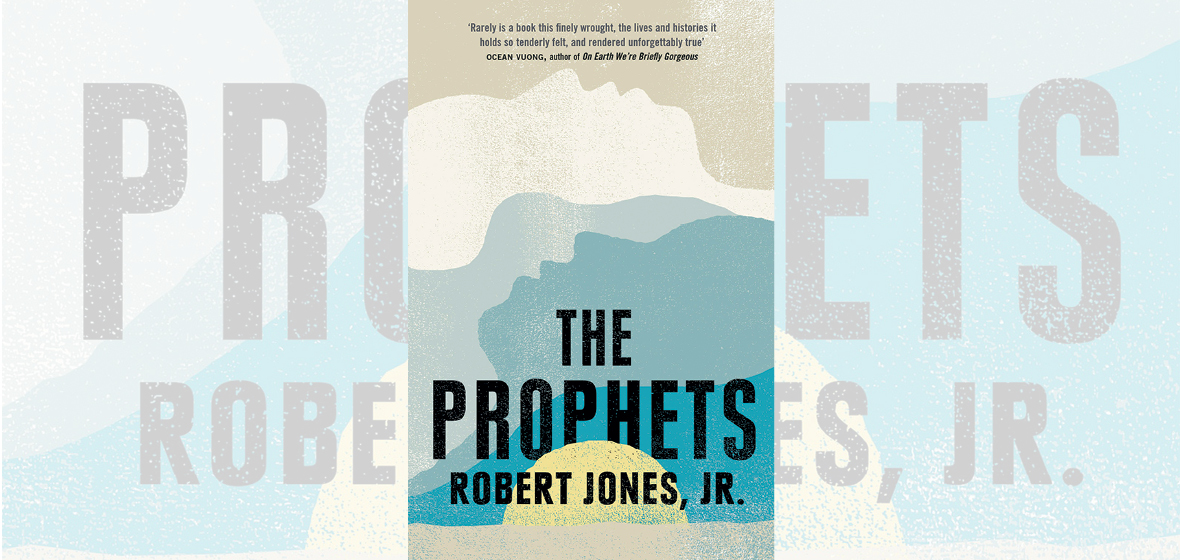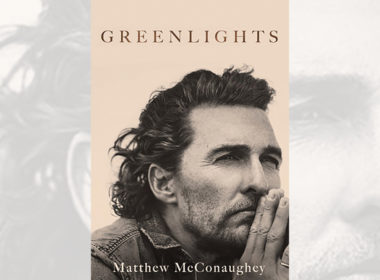In the final pages of Robert Jones Jr’s The Prophets, the writer jars his readers with a simple imperative: “Do not look away.”
To have made it so far through the novel – a novel set on a Mississippi slave plantation called The Empty, a story beset by tragedy, a narrative lodged deep in America’s ignominious past – one would expect a wilful reader. It is one thing, however, to face a gory history retold. It is another to accept one’s own relation to it; a realisation that begins to take hold by Jones’ closing pages.
The book centres around the plantation economy, shifting across the seemingly unassailable perspective differences of slaves and slave owners throughout the novel. It follows the gay relationship of Isaiah and Samuel, whose love is plagued by literal and metaphorical chains. To limit the book, however, to a neo-slave narrative that represents the traditionally ignored reality of homosexuality in these contexts would be a great injustice. What Jones achieves with stunning ease, entwined in a rhythmic prose that evokes the work of James Baldwin, is a mammoth narrative that uses this setting to discuss broader themes of love, freedom, spirituality and, ultimately, history.
It’s strange to comprehend how fortunate modern citizens are to know history so well. For Jones’ subjugated slaves, the past is mostly inaccessible. In its place the novel contains ethereal chapters written by seven spiritual guardians begging remembrance of the slaves’ rich cultural heritage. By the end of the novel, they seem to talk to the reader. Sure, we know of this history – it rages on in politics, culture, and behaviour. It is storytelling like this that gives the facts faces and emotions. Jones evokes empathy for the voiceless slaves – but also a horrifying realisation of one’s place in that history.




